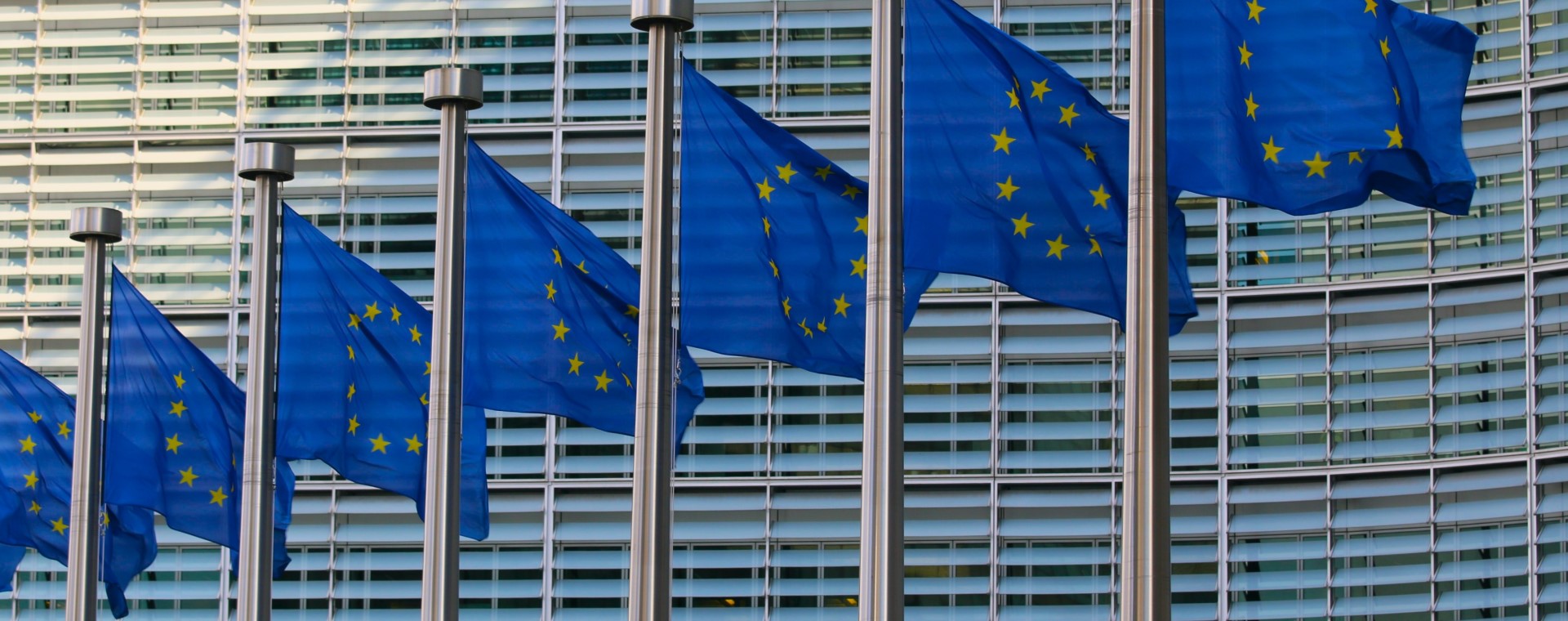
Deciding how to adapt to the challenge of climate change is one of the great political challenges of the 21st century.
A reliance on fossil fuels and other unsustainable methods forms the basis of modern living, and breaking free from these practices demands that we change multiple aspects of our economic and social lives.
The EU’s response to this great challenge is the European Green Deal. This is a package of proposed policy measures and targets designed to make the EU climate neutral by 2050, whilst ensuring the continued prosperity and security of its citizens.
Since its introduction back in 2019, the European Green Deal has undergone continuous legislative scrutiny. Given the importance of this initiative, it’s crucial to monitor its progress. As such, we sought the opinions of over 600 experts on environmental and sustainability policy to shed light on the current state of the Green Deal, and the factors that could drive future progress.
Where does it stand?
The future of the Deal appears promising, according to a majority of EU experts. More than half (56%) are confident that the EU will turn the ambitions of European Green Deal into approved legislation, while less than three in ten (27%) have doubts. This indicates a notable political momentum driving the progress of the Green Deal.
However, one question remains: what is pushing it forwards?
The driving force
Ultimately the chief driving force behind the European Green Deal is peoples’ aspirations for the impacts it could have. It comes as no surprise that experts identify the most important opportunity presented by the Deal as being a substantial boost to climate mitigation and adaptation efforts.
While the explicit objective of the Deal is to achieve climate neutrality, experts also recognise the economic prospects it offers – from attracting increased private investment to the green transition to upgrading the EU’s supply chains. Collectively, these findings imply that passing the Deal could cater to many interests, thereby enhancing its resilience.
Key stakeholders
To assess the influence of national context on the Deal, we focused on experts from four countries – France, Sweden, Spain and Hungary – and asked them to rate the efforts of various stakeholders involved in driving progress on the Deal.
Among these countries, experts commonly perceive civil society organizations and movements as playing a significant role in advancing the Deal. However, notable national differences also emerged. Experts in Spain are more inclined to commend their national government’s efforts, while those in Sweden are more likely to recognise large-scale businesses for their contributions.
These findings highlight both the presence of international coordination and the importance of national nuances in the journey toward climate neutrality. Climate campaigners should consider both aspects when designing effective advocacy campaigns.
“Events dear boy, events”
In politics, even the most tightly constructed plans are liable to being derailed by unforeseen crises, and the past few years have had their fair share of disruptions. However, according to EU experts, the impact of these events varies significantly.
Inflation and other economic crises are largely seen to have had a negative influence on the Deal. A quarter of experts identify this as the factor with the most negative impact, while only 1% perceive it to have had a positive impact. In contrast, three in ten experts point to extreme weather events as having had the most positive impact, while 1% believe they had the most negative impact.
More complex is the impact of the Russian invasion of Ukraine. While three in ten experts identify this as the crisis with the most negative impact on the Green Deal, one in six report it as having had the most positive impact. This may be because, while the invasion contributed to increased inflation, it also sparked initiatives such as REPowerEU which have successfully reduced the consumption of natural gas.
In conclusion: it’s complex
The general picture above indicates the complexity of driving progress towards climate neutrality.
Motives range from combatting climate change to ensuring economic stability. Champions of the Green Deal can be found among NGOs, governments or the private sector, or a combination of all three. Some crises concentrate efforts, others can push climate action down the rankings of legislative priority.
Armed with a greater understanding of contextual particularities however, those with a vested interest in achieving climate neutrality will be better equipped to respond effectively to the contexts they find themselves in. By doing so, they can hopefully make progress that will benefit us all.





